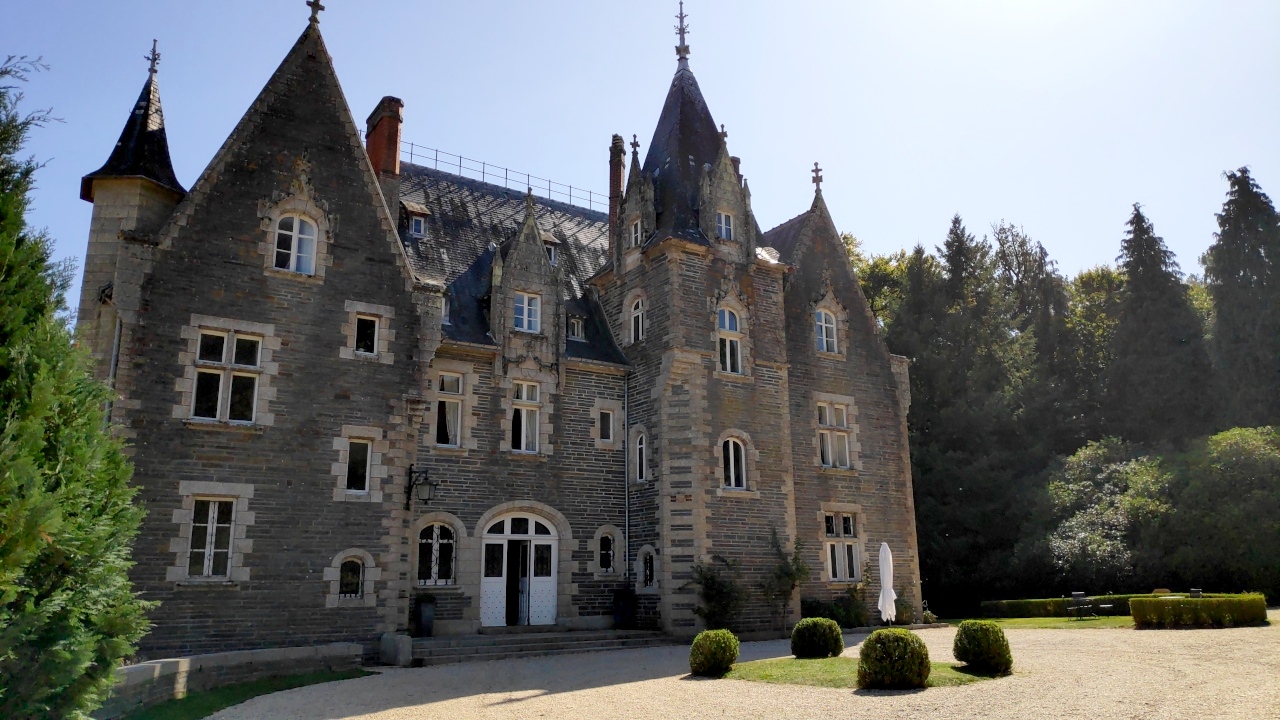EASP Meeting: Dissonance Spring: Future Directions in Cognitive Conflict Models (cancelled)
18.11.2019, by Tina Keil in call for papers
May 19th-22nd, 2020; Château de Val, Saint-Just, France; Application deadline: January 20th, 2020

Dissonance Spring is a meeting, for researchers interested in cognitive conflict models, with a focus on cognitive dissonance theory (CDT).
Despite its tradition, there are a number of important issues that surround CDT. Recently, the inconsistency field has encountered renewed interest with the proposition of new models, conceptualisations, and future directions (e.g., Gawronski et Brannon, 2019; Jonas et al., 2014; Kruglanski et al., 2018; McGrath, 2018; Proulx & Inzlicht, 2012; Vaidis & Bran, 2018, 2019). Overall, we believe that the CDT field is at a turning point and that scholars need to meet and exchange on these recent developments. The interest is not restricted to CDT and the meeting is open to all researchers with a focus on inconsistency, whether it is called cognitive conflict, expectancy violation, control deprivation, or threat. However, we would like to keep an integrative model in mind to provide a general framework for cognitive inconsistency.
The goal of this meeting is to create a favourable environment among researchers to confront ideas, discuss theoretical models, and resolve crucial issues in the field. For this purpose, the meeting is organised around setting up action-oriented discussions and solutions. Each session should begin with a short presentation of the thematic issue, followed by active discussions in order to resolve the issue by collective action. The session could take the form of an open discussion, a project pitch, or a workshop. We aim to conclude the 3 days with effective collaborations that will be transformed into publications, replication studies, and large-scaled projects.
Here are some of the issues we would like to address during this meeting:
- What are the trade-offs of the different models?
- How could we design a correct test of CDT?
- How to assess the cognitive dissonance/disanxiousuncertlibrium/anxiety state and what is its exact role?
- How to predict regulation in natural settings?
- What is the future of CDT?
- Should we abandon some theories?
- How to propose, improve, or promote, a general model?
Practical information
We would like to orient the meeting toward participation and resolution. The general organisation is designed in line with this purpose. The meeting should allow researchers to bond and cooperate in the form of small research teams. The place is a castle domain with a park that is isolated in the countryside but at only 45 minutes from the Rennes International Airport (50km) and the Rennes main station (50km). We will set up collective shuttles to facilitate the arrival. The place will be fully reserved for the meeting and researchers will be able to group-up and discuss as long they would need to.
A small conference fee will apply (with a discount for PhD students). This fee will cover costs for housing, catering, and transportation from the airport/train station to the site.
Application
We invite researchers to attend and submit a brief application specifying their reason for attending. Applications will be selected based on specified interests and motivation, as well as on diversity of topics, gender, and career position. Participants will have the opportunity to propose and participate in sessions. If you are interested in participating, please fill in this form: https://bit.ly/355IqR2.
If you need any confirmation for your institution, do not hesitate to contact the organisers. For any questions about the meeting, please send an email to david.vaidis@parisdescartes.fr and alexandre.bran@parisdescartes.fr
Organising committee: David Vaidis (Université de Paris, FR), Alexandre Bran (Université de Paris, FR), Willem Sleegers (Tilburg University, NL), Jeff Stone (University of Arizona, USA), Skylar Brannon (University of Texas at Austin, USA), & April McGrath (Mount Royal University, CA).
The meeting is supported by the European Association of Social Psychology (EASP) and the Association pour la Diffusion de la Recherche en Psychologie Sociale (ADRIPS).
Related content: